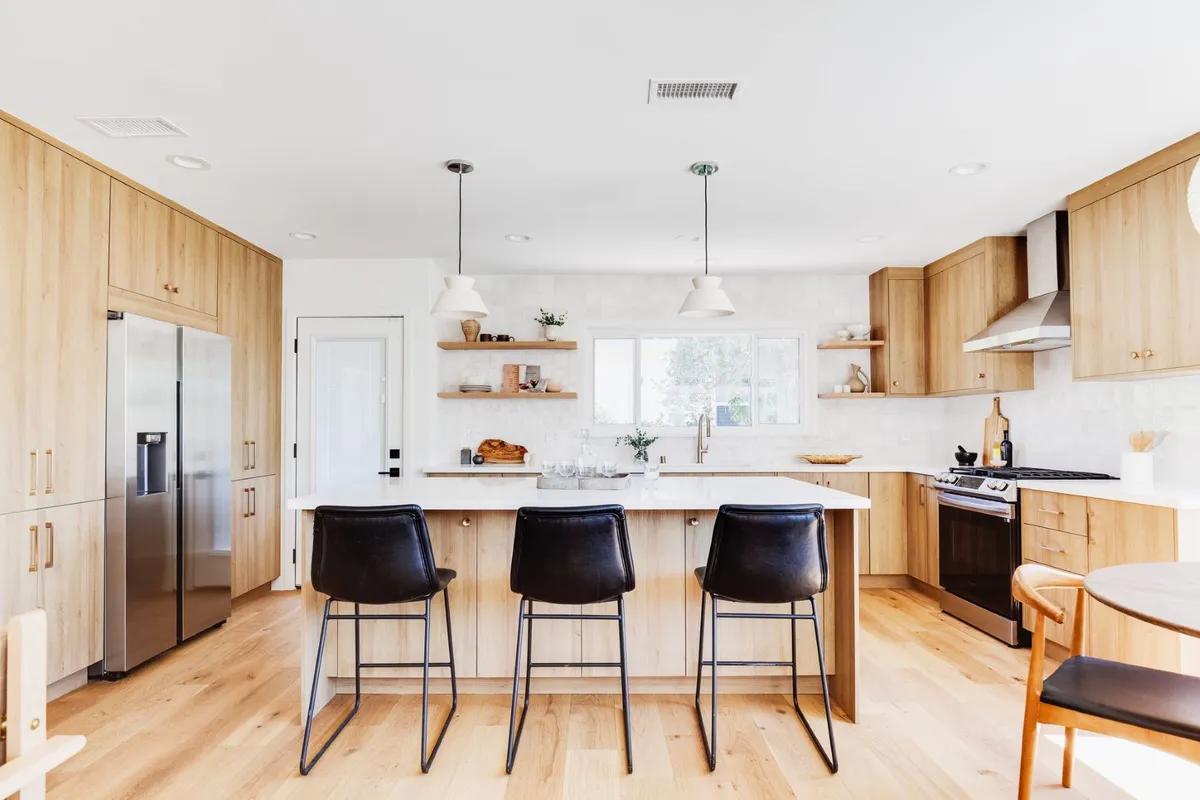Join the exceptional and become a Sotheby’s International Realty agent.
Learn More
ABOVE: Valérie Dulude, Broker Associate, Premier Sotheby’s International Realty; Michael Dreyfus, Broker Owner, President, Silicon Valley Region, Golden Gate Sotheby’s International Realty; Natasha Lahera, Real Estate Agent, Sotheby’s International Realty – Los Feliz Brokerage
The global tech sector is a driving force of change when it comes to where people are snapping up homes. This in turn can mean huge business opportunities in some choice luxury real estate markets.
To make sense of the latest tech migration, we brought together three agents who are leaders in three distinct markets. They discuss the changes that have set the knowledge economy in motion, the effects these are having in different markets, and what the future may hold for the mobile tech workforce.
Can you start us off by providing a basic overview of how this “Great Tech Migration” started?
Natasha Lahera: The pivot to working from home allowed a lot of tech workers to live outside of the major tech hubs. Many companies have kept those policies in place because they realize that not only are people productive at home but there are also financial advantages to not maintaining large workspaces in expensive cities.
Valérie Dulude: For example, a large influx of tech companies have come to my market of Charlotte, North Carolina. It has a lot to offer, and a variety of homebuyers are finding a fit within our nearby communities. IBM and Microsoft have offices here, and over 117,000 tech jobs have recently been filled.
Char Major and Candance Carroll – Sotheby’s International Realty – Los Feliz Brokerage
Would it be correct to say that the Midwest and the South have been the biggest beneficiaries of the Great Tech Migration, then?
VD: It varies quite a bit. I do see Charlotte as being one of the best cities for tech hiring, and according to the data, the sector has grown 32% since 2013. We’re seeing companies ranging from global corporations to cutting-edge startups relocating to North Carolina.
Michael Dreyfus: Another part of the Great Tech Migration is actually the people who are coming back to Silicon Valley after leaving. It turns out that they won’t be going into work every day, but many are going in enough that proximity to the office is a value-add again. They don’t want to be spending so much of their time driving to work.

Michael Dreyfus and Ann Newton Cane – Golden Gate Sotheby’s International Realty
Are there any broad trends that characterize this particular cohort of luxury buyers?
MD: Well for one thing, the showy office at corporate HQ is giving way to the home office in the employee’s residence.
NL: I couldn’t agree more—for the tech worker moving their office from HQ to home, it’s all about space. Home offices are a big thing. These buyers are also looking for quality internet; they need their homes to be able to accommodate the best of the best in terms of connectivity. And then they also want views, outdoor space—if people are working from home, they want those homes to be as comfortable and relaxing as possible.
VD: It’s for that reason that some of my buyers actually invest in more than one property, such as a pied-à-terre near the uptown and a lake house for the long weekends. Sophisticated buyers are charmed by our listings, especially when they compare the value they get versus some cities with big tech hubs.
MD: That’s true, though I will say my San Francisco Bay Area market is bracing for a serious surge this summer as workers figure out that remote work, while here to stay, is not all the time.

Matthew Alexander and Gail McDowell – Premier Sotheby’s International Realty
Remote work is a competitive advantage for tech companies, but some businesses are returning to the office—and also opening satellite offices in smaller markets. What do you think the future holds?
NL: If companies decide to go back to an in-person model, things will definitely change—and as far as I’m hearing, that’s not completely off the table. Working from home is great but it’s not for everybody, and I think the corporate world always has a hard time letting go of tradition.
MD: Exactly right. Silicon Valley will continue to create new jobs and bring people into the area, particularly at the executive level.
VD: Meanwhile, new tech centers have already been built, and they’re going to continue to grow. According to my network, the high-tech workers who have moved to Charlotte want to live and work here long-term. Our tech economy depends on this talent, and if I look at who I’m showing houses to, I’d say we’re in very good hands!
NL: Definitely. I think the migration will lead to a dispersal as we realize that we don’t have to abide by the old rules, and as we learn to do more and more things virtually. That being said, I also think there’s something about big cities and their populations that may bring a lot of people back. In the end, I think everyone may have something to gain in this situation, depending on where they want to live and how they want to work.



 Are You Interested in West Eleventh Residences Miami?
Are You Interested in West Eleventh Residences Miami? Are You Interested in ONE Park Tower by Turnberry?
Are You Interested in ONE Park Tower by Turnberry? Are You Interested in Diesel Wynwood Condominium?
Are You Interested in Diesel Wynwood Condominium? Are You Interested in Five Park Miami Beach?
Are You Interested in Five Park Miami Beach? Are You Interested in Cipriani Residences Miami?
Are You Interested in Cipriani Residences Miami? Are You Interested in Bentley Residences Miami?
Are You Interested in Bentley Residences Miami? Are You Interested in Baccarat Residences Brickell?
Are You Interested in Baccarat Residences Brickell? Are You Interested in Aria Reserve Miami?
Are You Interested in Aria Reserve Miami? Are You Interested in 888 Brickell Dolce & Gabbana | Miami?
Are You Interested in 888 Brickell Dolce & Gabbana | Miami? Are You Interested in 600 Miami WorldCenter?
Are You Interested in 600 Miami WorldCenter? Are You Interested in HUB MIAMI RESIDENCES?
Are You Interested in HUB MIAMI RESIDENCES? Are You Interested in WALDORF ASTORIA RESIDENCES?
Are You Interested in WALDORF ASTORIA RESIDENCES?